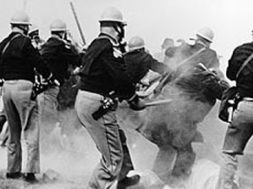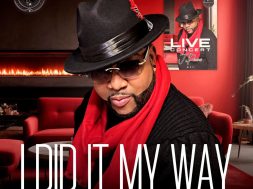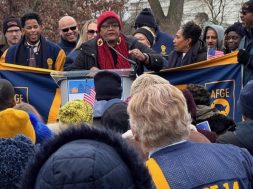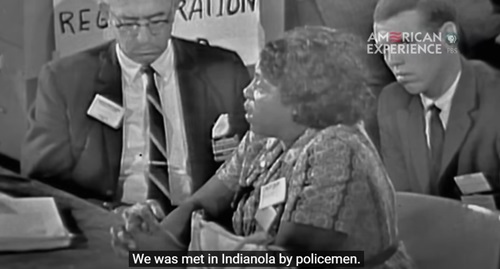
Tea Party Members and Special Interest Money

For the unfamiliar, the phrase “dead presidents” long has been urban slang for money, referencing the presidents that adorn American currency.
In this instance, members of Congress elected last year under the Tea Party banner are certainly swinging for the fences with regards to political fundraising in the first quarter of 2011.
Most of the more vocal—hence visible—Tea Party members ran under a promise to change the way Washington works. The anti-Washington, anti-government spending rhetoric clearly resonated with many voters across America last year.
But almost as if on schedule, the “Siren” that is Washington has proved too tempting for some freshman Tea Party Caucus members who have quickly learned the benefits of Political Action Committees (PAC) which allow donations to members of Congress as high as 5k, or twice what an individual is permitted to give.
Freshman Representative Dennis Ross, R-Fla, received 92% of his donations to date from PACs, which is a marked difference from his 2010 campaign where half of his 1.2 million dollars in contributions came from individual donors.
Ross’ war chest is in stark contrast to perhaps the most visible Tea Party freshman, Florida Republican Allen West, who has raised $434,000 in the first quarter, of which only 4% is from PACs.
The issue is that the Tea Party, taking a page from the GOP platform, espouses a belief in avoiding the influence of special interest groups that can fork over big money on demand. It is apparent that for some, this platform plank is simply a talking point while for others, like West, it is a charge to keep.
Simply put, the lure of staying elected all but confirms that even among the most rabid anti-government types, to further quote Jay-Z, it is “dead presidential—politics as usual.”







